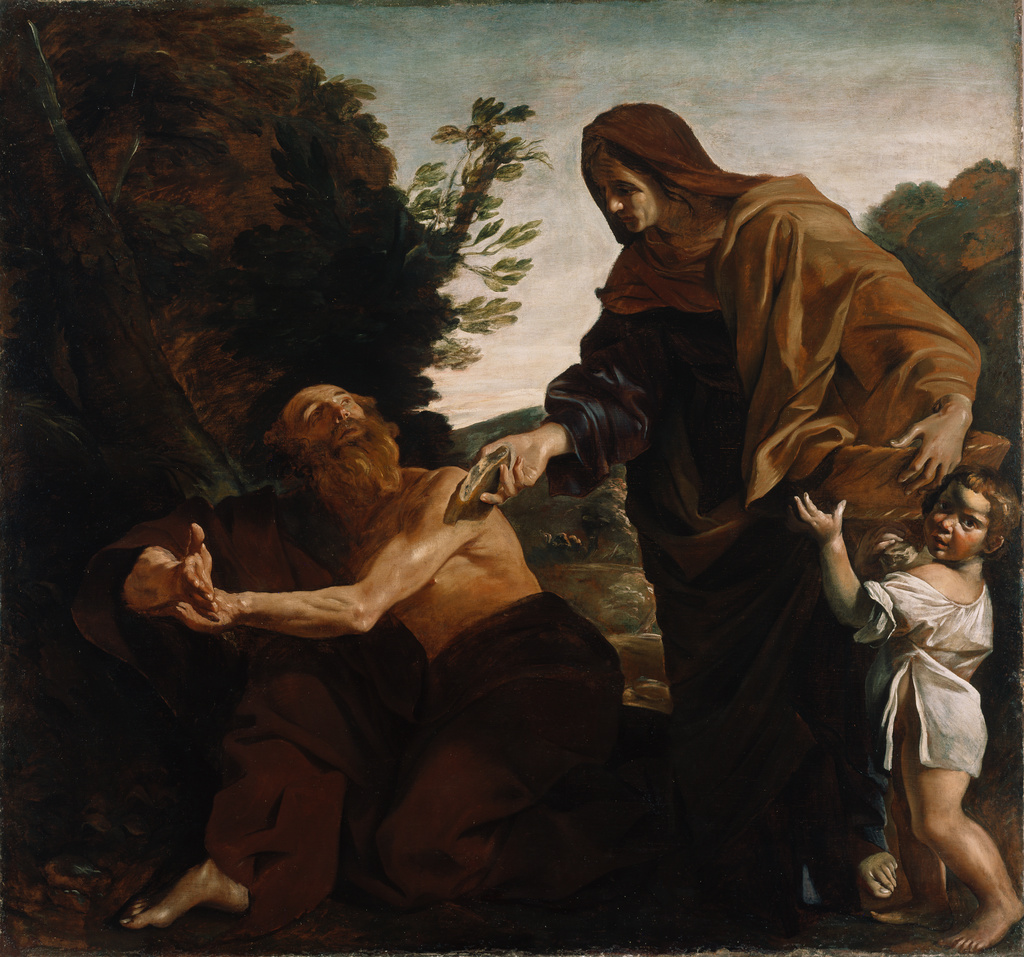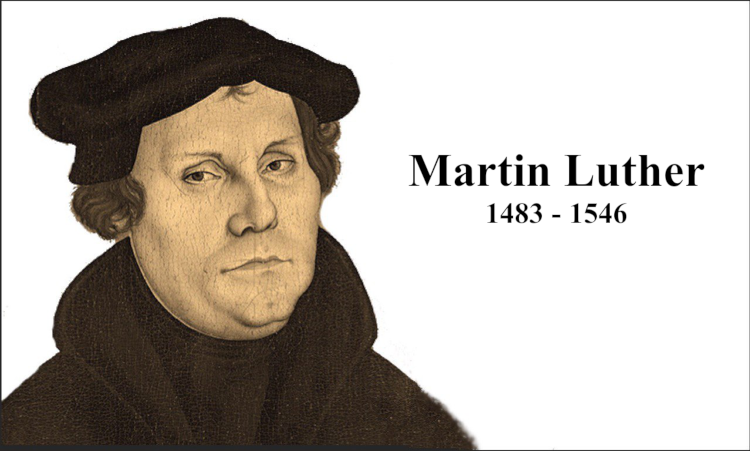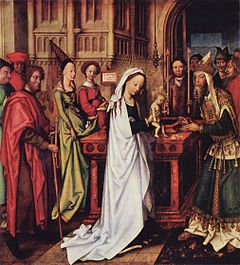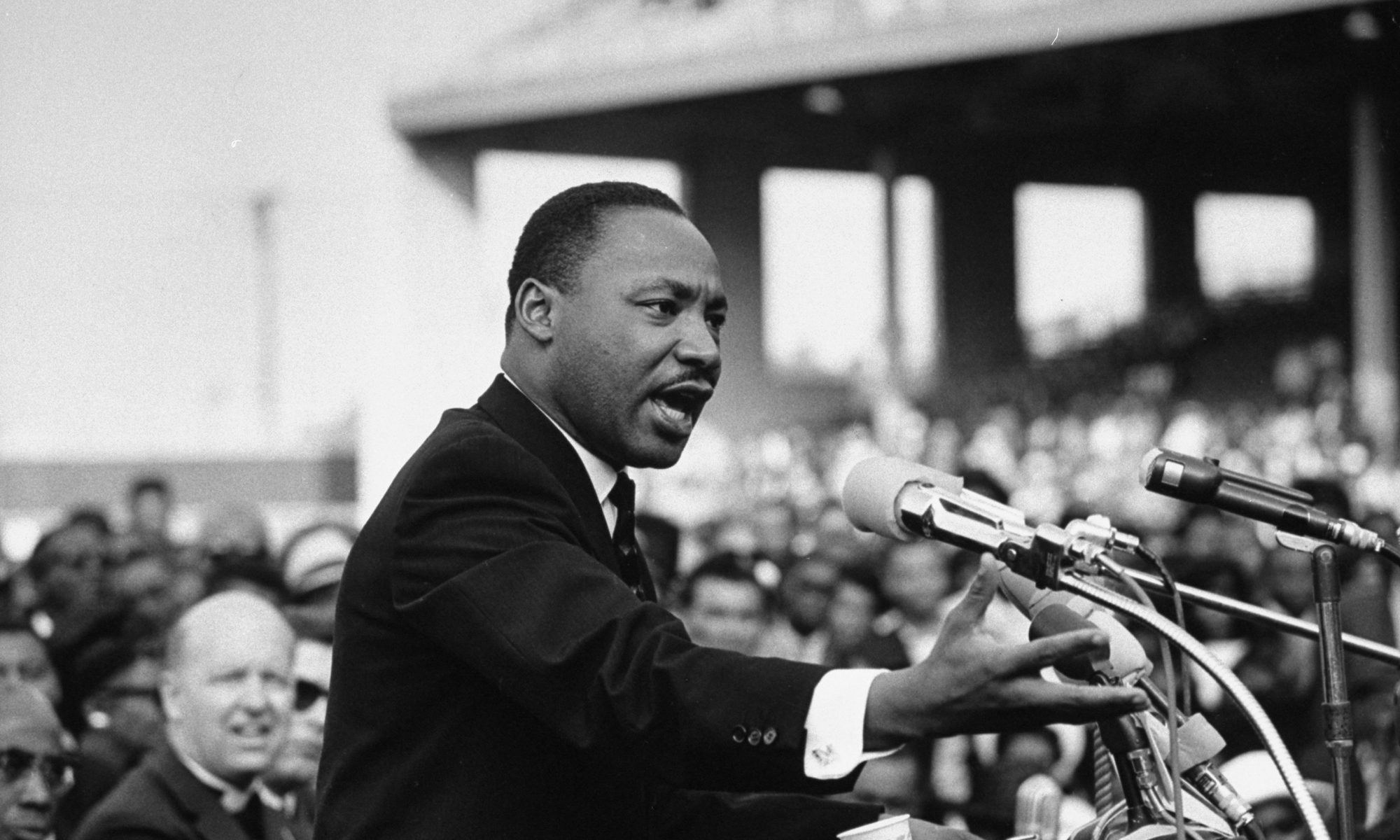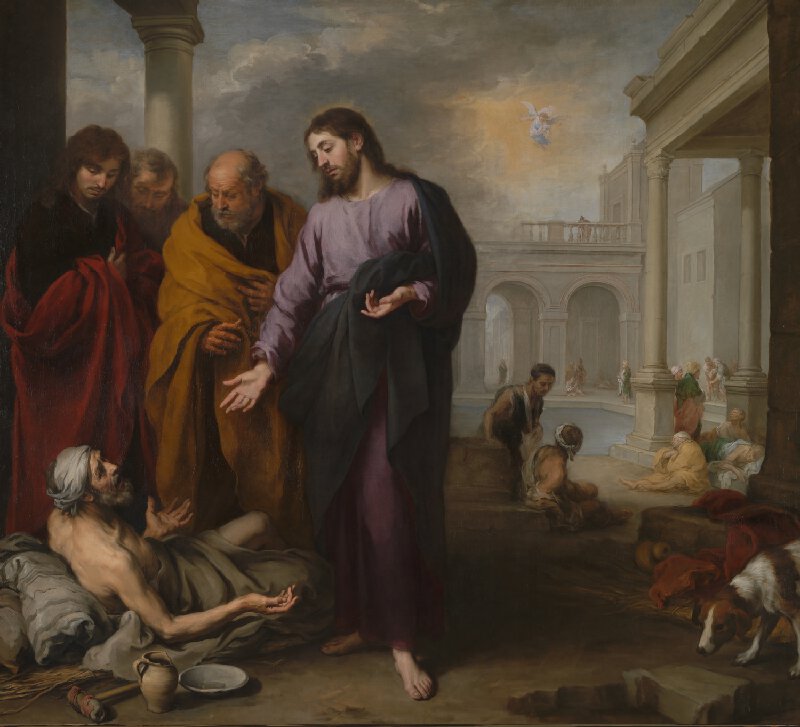When Jesus saw their faith, he said, “Friend, your sins are forgiven.”
(Luke 5:20)
It is a sweet gospel. God’s favor is to be savored. This divine favor, this gospel, is underappreciated, however. Shame on us. Do we not realize what it took? Do we not understand that God became man not because we were so worthy but out of pure love? We take it for granted, no doubt about it but its sweetness never depended on our appreciation of it. It is a part of its sweetness. This divine favor given by our Friend. And not a friend like a buddy but a friend in high places who befriended us at the moment we had none. There is nothing about us that would attract Jesus to us as a friend. This is not a reciprocal relationship. He is our Friend by grace. Continue reading ““Friend, Your Sins Are Forgiven.””

